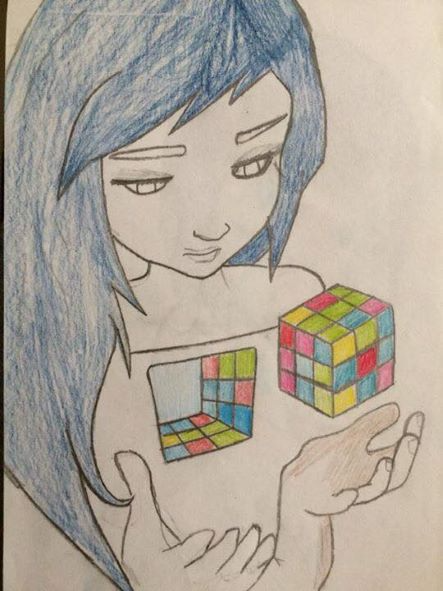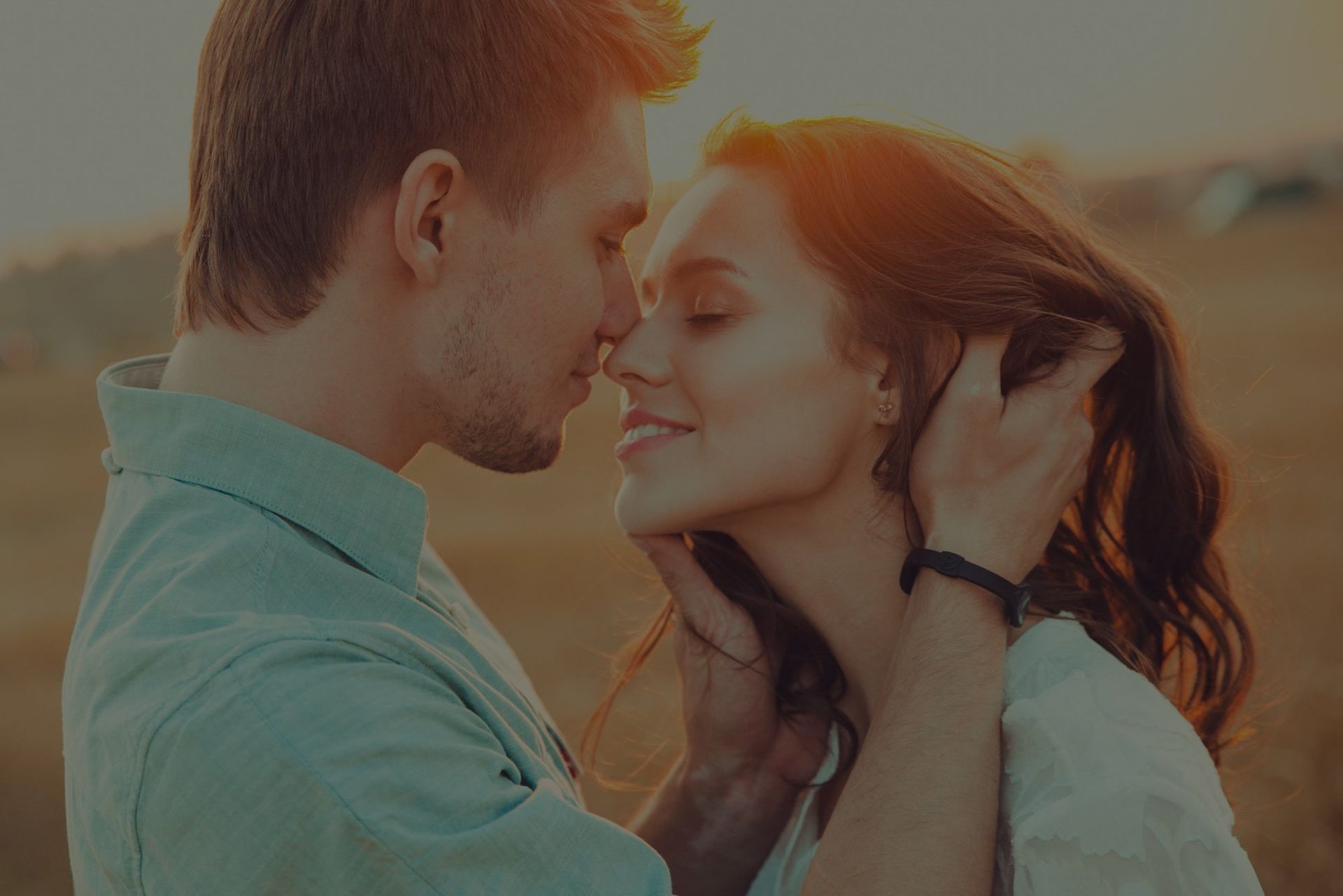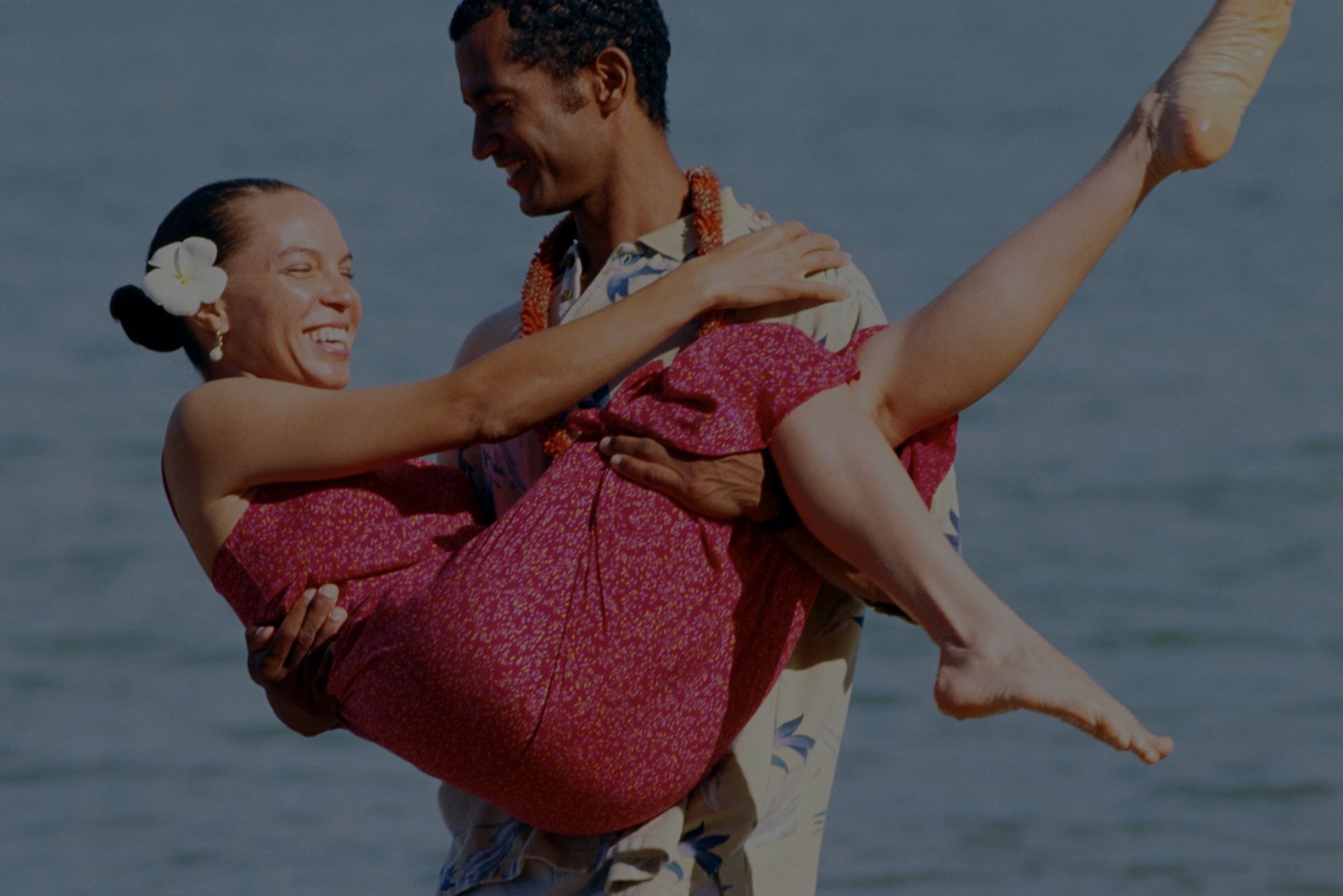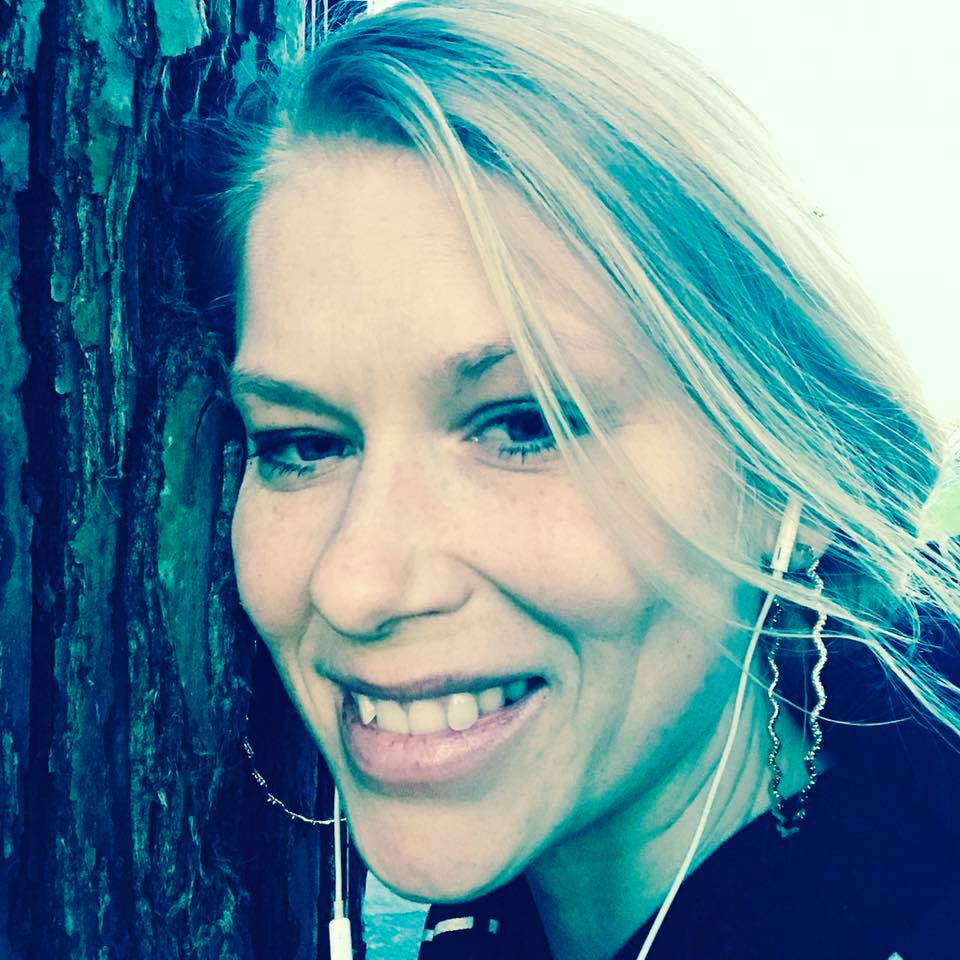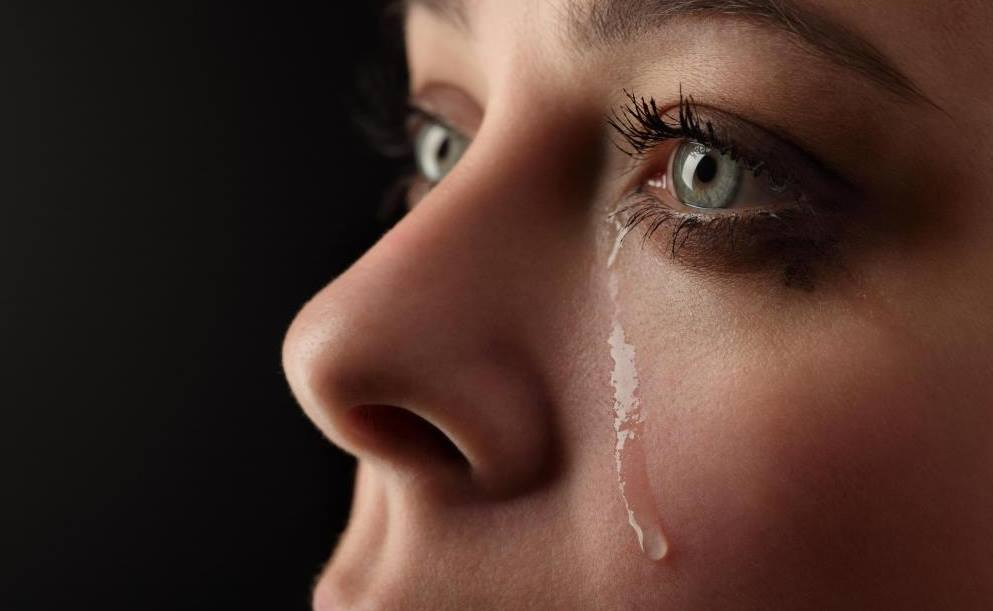THE GOLDEN BACHELOR: Reflections from the lens of a relationship coach
photo by Wayne Zespy, Tucson

I enjoy
watching reality tv shows. I love to see how people relate to others, and how
people relate to themselves. (Let’s suspend for a moment the fact that it’s not
completely real tv. The editor picks and chooses what to include in the shows.
But still, shows like this give us some interesting insight into people.)
I have watched maybe 2 of the earlier Bachelor series, and recently watched The Golden Bachelor. In the show, a 71-year-old man gets to know about a dozen older women who are hoping to have the bachelor pick them as a love partner.
The getting to know one another over several weeks. As the days progress, the bachelor sends home those he’s decided against. He does this one by one until the last 2 are left. That’s where I am in the show as I write this. (I’m unsure how long the show will be available to watch online, but here’s the link: https://abc.com/shows/the-golden-bachelor
I was struck by a number of things that are worth noting. And as a relationship coach, there was one very important ingredient for healthy relationships that was completely missing in their “getting to know one another” conversations. That concerns me. It’s the same thing that I’ve seen missing in dating and love for the 40 years I’ve been working with couples. More on later.
The bullet points below are some of the other aspects I found either inspiring or disappointing—or at a minimum interesting.
·I was very impressed with the participants’ capacity to be vulnerable, including crying or tearing up. I was especially impressed by the bachelor, Gerry. He got emotional in almost every show. Many scenes of both Gerry and the women were touching and heartfelt. Openhearted vulnerability is what having a strong relationship is all about.
·I was struck by the many years and even decades that many of the woman had not had a serious love relationship. Some of them had dated, but it didn’t sound like those relationships went anywhere. I think we all have the perception that most people are already in a relationship or about to be. I think the reality is that there are many people who haven’t been in a relationship for years and years.
·I was struck by the fact that a number of the participants had lost a spouse to death. In the earlier bachelor shows with younger people, that’s not something you see. Generally, the show was a bit of an education about aging and what one may meet up with. Although, nobody on the show appeared to have any major health issues even though that’s something people frequently meet up while aging.
·Something I was aware of, but many may not be… As a woman starts to age, they can feel invisible to men. Whereas attractive younger women are usually overwhelmed with attention and advances from men.
·Women pursuing men: I found it interesting to watch the tables get turned where the female is being the one asserting themselves to have the relationship happen. All these women were pursuing the one man.
In everyday life, women are usually being pursued—and often to their chagrin. And the younger you are and/or the more attractive, the more you are pursued. I thought it was great that the women went for it. To hell with norms!
·I noticed that often the women threw caution to the wind. Their approach wasn’t so much about looking good, as it was going for what they want, being themselves. I will never forget the woman who casually let out a long fart during an interview and never broke eye contact with the interviewer. Although that was in the bloopers near the end of the show, I couldn’t help but be inspired by her self-confidence and lack of judgment of herself.
·I loved that, overall, the women were emotionally supportive of one another—even though they were competing for the one man that they all seemed to adore. Of course, there were some catty moments. I suspect the editors emphasized the competitiveness for entertainment value. Still, there seemed to be a lot of genuine love and camaraderie there among the women. I don’t recall if that was the case with previous bachelor shows with younger women vying for the one man.
What I saw tragically missing
As a relationship coach, I noticed a couple of things missing in their conversations.
One, I didn’t hear any conversations about where they might live if they end up becoming a match. At least I heard nothing until near the end where the bachelor and his 3 top picks went to visit the women’s families/hometowns. That might have been worth getting clear about before things progressed too far.
I suspect many older people have settled down and are attached to where they live. They have friends and family who live nearby. It would be unfortunate to choose someone as a love partner, and then have neither of them willing to move.
Two, and the most glaring piece of their conversations that was missing, there was no conversation about how to approach conflict and difficult feelings . In my experience, the number 1 reason that even great relationships fall apart is the lack of skill or willingness to address conflict and difficult feelings.
Where were the questions of, “How do you approach conflict? How would you want to? How would we navigate the inevitable conflicts as two people merge their unique personalities together? Can you talk about your feelings of fear and hurt? Have you dealt with your childhood trauma patterns?”
I’m certainly not at all surprised that this wasn’t part of their conversations. I would have been surprised and even wowed if any of them had those conversations. An integral part of our human nature is to avoid uncomfortable or scary topics. And emotions are scary for most everyone. Me included. I just know that successfully addressing conflict and difficult feelings adds so much magic, depth, and fun to a relationship.
Tragically, even though I’m sure most of them have had plenty of relationships fall apart because of lack of skill or interest in how to navigate feelings, they still don’t have this subject foremost in mind.
One of the reasons this concerns me is that the culture of movies and TV continues to influence our thinking about how to do relationships. The path we’re led down is a path of relationship destruction. The path is called “go by the seat of your pants, go with your feelings, love will happen right away, and it will all work out fine.”
These messages are not reality! We all know love relationships are often a challenge, but we continue to approach relationships as if there’s no need to have a plan for navigating conflict.
Consistently, over time, 50% of marriages end in divorce. I imagine almost all of those who divorced were deeply in love at some point. I suspect the percentage of relationships that end is higher with those who may have a great relationship, but don’t officially marry. We don’t keep records of them, so we don’t know for sure what’s happening. I’m sure it’s not any better than married folks. Probably worse.
We tend to assume that those 50% of couples who DO stay together, must be doing pretty well. Oh hell no! I think a large percentage of those who stay together are not particularly happy with one another.
You’d be surprised at the number of married couples who come to me who haven’t had sex for months or maybe years. And they’ve been bored, unhappy, or arguing for many years.
Many of the people who are unhappy stay together because 1) they’re afraid of being alone, 2) they don’t have confidence that they could meet someone else, 3) they stay together for the kids or because they’re a part of the extended family, and/or 4) they don’t want to lose the security of their combined resources.
Still, we believe in the fantasy of fairytale romantic love. If romantic love is going to last and feel good, it truly does require work. And it’s not just the work of how to manage different ways of doing things, but it’s how to manage the difficult feelings that arise. Most people avoid feelings as long as they can. When they can no longer avoid the feelings, they usually argue without coming to an empowering resolution. None of this promotes a healthy relationship.
And yes, it’s freaking magical when that new relationship is working, but without conflict resolution skills and the willingness to do that work, your magic will surely turn to misery.
Childhood wounds, childhood influences
One woman in the show talked about something no one else did. And this is something I don’t remember seeing in other Bachelor shows. She spoke deeply about her childhood wounds and how they have affected her life. From my perspective, she’s on the right track. These days it seems that addressing childhood wounds is becoming much more common, but it’s still uncommon to talk about when you’re getting to know a potential mate.
Childhood emotional and relationship wounds have a direct and lasting impact on us. If we aren’t aware of the influence that these life experiences have on us, these unseen patterns will run the show. And they will ruin the relationship.
Just one example of how childhood wounds influence us on an unseen level: I’ve worked with people who have unfounded jealousy of their partner. This jealousy causes extreme distress to the faithful spouse. Often, the source of jealousy is a childhood wound, such as a parent leaving the family, or a death of a caregiver. Unfounded jealousy can also be from your needs for love and connection being unmet. The caretaker is either emotionally unable to give consistent presence and connection, or the caretaker is providing for someone else’s needs and doesn’t have the bandwidth to be there for the child. The taking care of another’s needs might be another newborn or the spouse. Other reasons for neglecting the child are sickness of the caregiver, addiction, or they work long hours. Any of these scenarios can produce high anxiety and insecurity about getting one’s love needs met.
Whatever the case, these emotionally painful experiences set up a fear of losing the person who is providing for your basic human needs. If a person with unfounded jealousy does not trace their jealousy back to earlier experiences, the person will never feel secure in a relationship. In addition, their attempts to manage and confine their spouse will cause the relationship extreme distress.
And interesting to note, the very thing the jealous person is afraid of—not having the love or presence of their partner—is unwittingly created by the jealous person’s fear of losing the partner’s love and support.
No matter your brand of fear, your fears become self-fulfilling prophecies. Whatever the fear, your fear-behavior will create what you are trying so hard to avoid. Are you avoiding being angry because it was so disturbing to witness your parents rage and fight? Unfortunately for you, denying your anger can eventually cause you to blow up and rage. Or you suppress your anger while your partner twists into a pretzel trying to make you show some kind of emotion. And since you don’t like anger from anyone, you ignore or block your partner from having their feelings. This is a guaranteed way to make your partner really angry.
As uncomfortable and even scary as it is to explore emotions, doing this effectively keeps the relationship alive and growing. You’re continually getting to know deeper aspects of one another. I have found that I don’t know someone until I deeply understand their childhood wounds. If you’re addressing conflict and difficult emotions effectively, you will also need to address the influences from childhood emotional wounds. During this process, you get to know one another in a more complete way.
To kiss or not? Take your time getting to know someone, or not?
If I were on the show, I think I would take kissing off the table during the getting-to-know-each-other stage. I know this won’t be a popular approach to dating, however, when you bring in that level of physical intimacy, you become obsessed with how great things are, and don’t see the incompatibility or the red flags.
Kissing is highly sexual. If you’re kissing, you’re already being sexual.
I have also found that getting to know someone usually takes quite a bit of time— at least months. In the beginning of a relationship, we naturally present our best selves. In my life, I have been surprised at how mistaken I was about many people—whether men or women—that I thought I knew and wanted to develop some kind of relationship with. At some later date, I became aware that this person was not at all what I wanted with a partner, friend, or business associate. I can only say that I’m grateful certain relationships didn’t move more quickly.
And if everyone is avoiding conflict, you just aren’t going to really know the person. To continue beating the drum for good conflict resolution skills, one of the best ways I’ve found for getting to know someone is to skillfully explore the difficult feelings and reactions that will inevitably arise.
Final thoughts : I would like to see humanity shift away from ignoring the need for good conflict resolution skills, and instead, move towards putting good communication and emotional attunement skills front-and-center during the dating process.
I’m no different than you in my distaste for conflict and difficult emotions, however, when I don’t put conflicts on the table in a compassionate and skillful way, the end results kill off the relationship.
It takes big-time courage to learn and practice these skills. It’s time we as a human race make emotional intelligence and skilled communication a priority.
If you are interested in reading an article I’ve written about the need to make skilled emotional communication a priority, here’s the link: https://www.thehealthycouple.com/the-next-evolution-in-love-relationships
Bill White 11-25-2023
Phone 520-775-1943 www.thehealthycouple.com
Healthy Couples Blog


